
The digital transformation of construction is extremely multi-faceted. The construction, building planning and monitoring processes are being replaced by new methods and technologies. With the Building Information Modelling Method (BIM), digital building models will be created in the future for use throughout the life cycle of projects. By sharing these central building models, for example, structures of different types (high-rise buildings, bridges, tunnels or traffic areas) can be planned digitally, created digitally (supported) by robotic construction fabrication and measured digitally by drone-based building inspection. These technologies pave the way to a resource-saving, ecological construction of the future. At the TU Braunschweig, the digital methods and technologies of Civil Engineering are not only being researched (for example in a special research area), but are also the subject of university teaching. Graduates are thus trained for future-oriented fields of work. Selected focal points of digitalisation in Civil Engineering are presented below:
Construction projects typically involve a large number of specialist planners, contractors and many other parties. This cooperation directly results in a large amount of data and information, such as planning documents, building product information and information on costs or deadlines. The challenges are, on the one hand, to analyse, structure or filter the relevant data and, on the other hand, to make this data available centrally for all parties involved. In the course of digital planning and construction, the Building Information Modelling method offers new possibilities for managing and using relevant information by means of digital building models ("digital twin") in this context. This method supports the constructive cooperation of all those involved, for example by minimising the loss of information at interfaces and making an up-to-date status of the measure available to the project participants in digital form at all times.
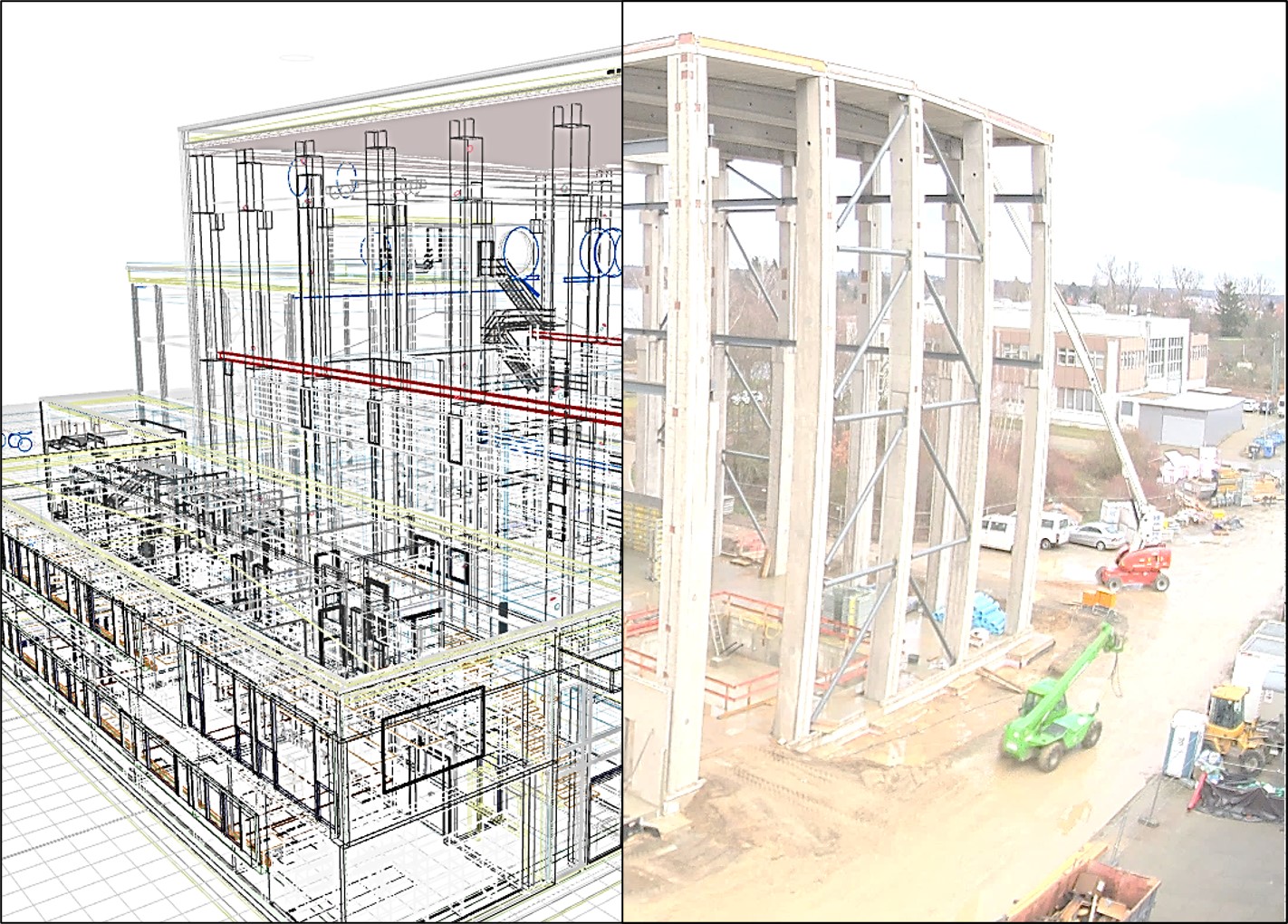
One possible application of the BIM method is in the field of construction logistics. The planning and control processes of construction logistics, which have often been analogue up to now, are to be replaced by a data- and model-based way of working. Digital construction models can help to create more precise and targeted material deliveries and disposals, both in terms of time and space. A minimisation of search and travel times as well as an increase in efficiency on the "last mile", i.e. the last transport process to the installation site, contributes to a sustainable increase in the productivity of the construction industry.
Further information can be found on the page of a research project:
The basics for creating digital building models are laid in the subject "Introduction to CAD" in the Bachelor's programme and, if you are interested, deepened in the Master's programme in the course "3D CAD and Product Modelling". In the Master's course, you will also be taught, for example, how to independently expand the functional scope of the construction software according to your needs.
The Building Information Modelling method not only demands digital building models, but also requires cooperative working. In the workshop "Acquisition and Awarding of Construction Contracts", both are taught in a practical way. Several student groups slip into the role of a contractor, work together on digital models and determine a bid price for a construction project.
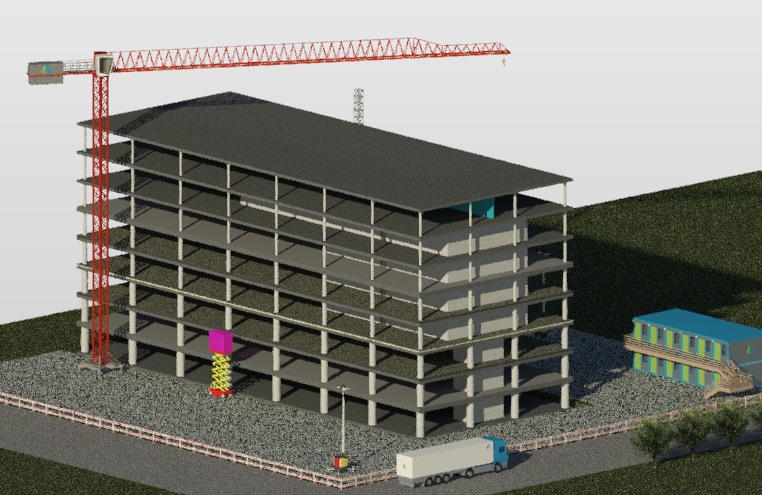
The 3-dimensional documentation and surveying of new buildings is very often only carried out after the entire construction has been completed. Unfortunately, the technical building equipment, such as pipes and lines, can no longer be recorded at this point and so this important information is missing in a point cloud or in a digital building model.
In order to implement the most detailed construction progress documentation possible for the new building of the ZeBra - Centre for Fire Research, aerial flights are carried out at regular intervals with the help of a multicopter. After subsequent evaluation, products such as height or surface models are created. These models show at different points in time how far a construction phase has progressed and can thus be used in the future for planning or conversions throughout the entire life cycle of the building.
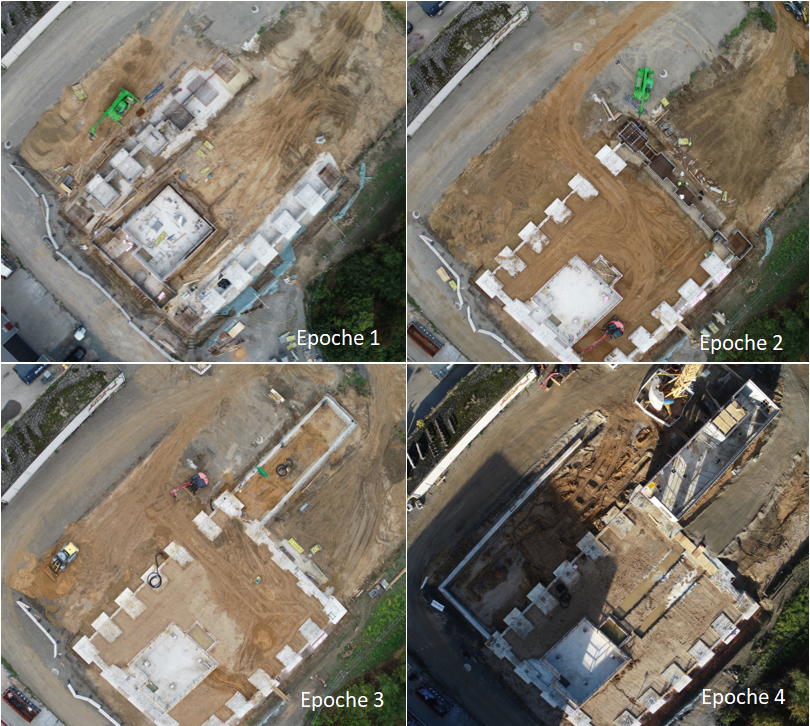
Institute for Construction Engineering and Management (IBB)
Univ.-Prof. Dr.-Ing. Patrick Schwerdtner
Schleinitzstraße 23 A
38106 Braunschweig
Institut for Computational Modeling in Civil Engineering (IRMB)
Univ.-Prof. Dr.-Ing. Manfred Krafczyk
Pockelsstr. 3
38106 Braunschweig
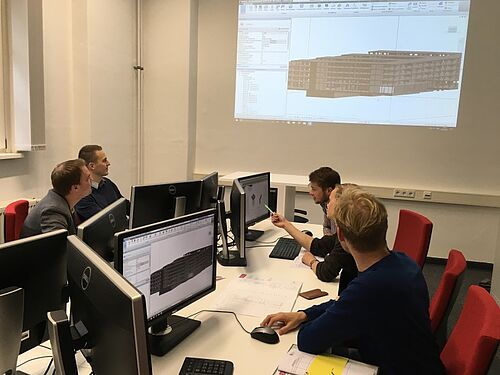
The BIM Workshop offers several workstations with powerful computers to meet the requirements of modelling and to conduct joint discussions directly on building models.
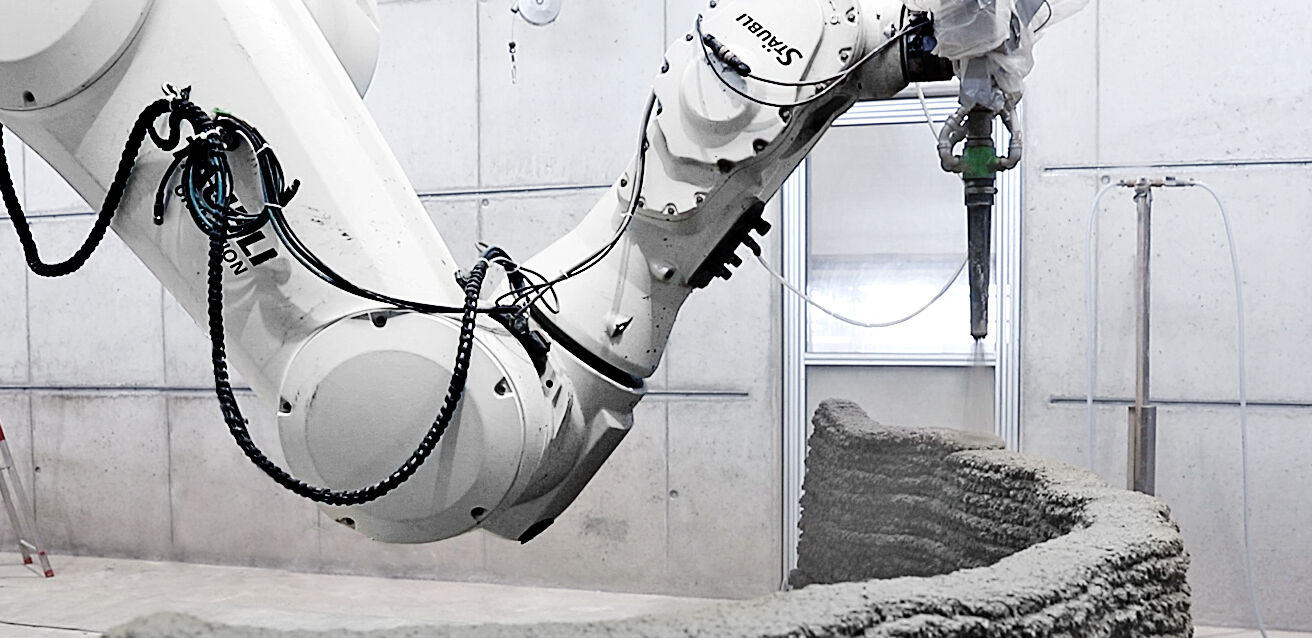
With 3D printing (Additive Manufacturing), a digitally controlled manufacturing technology is available that has the potential to become a key technology for the digitalisation of the construction industry, specifically developed for the building industry. In Additive Manufacturing, the component is built up solely through a digitally controlled, layer-by-layer application of material. This represents a paradigm shift from the still predominantly artisanal, form-giving construction processes. In order to fully exploit the potential of this technology, structural design, material behaviour and manufacturing process must be coordinated. This enables buildings of high design freedom and a resource-efficient use of materials. At the TU Braunschweig, interdisciplinary research has been carried out for several years on processes for the 3D printing of large-format concrete components. Among other things, the Shotcrete 3D Printing (SC3DP) process was developed here. The SC3DP technology is an automated robotic, additive manufacturing process that builds up concrete components layer by layer with the controlled addition of compressed air.
This research field focuses on high-resolution particle bed 3D printing of reinforced cement-based composites as a new technology in the construction industry. In selective cement activation, a particle bed layer - consisting of sand and cement - is selectively activated by means of a liquid, thus triggering the hardening process. This is repeated for each layer to finally build a three-dimensional structure. The aim of this research field is to produce mechanically high-strength, geometrically precise and reinforced components. In the future, this will make it possible to produce not only freely shaped and industrially relevant, but also resource-efficient and thus ecological components.

In the future, building will be faster - with higher quality. This is possible with increasing prefabrication of building elements. The prefabricated parts or modules are only assembled on the construction site - quickly, cleanly and quietly - and form a stable and sustainable building. Through the digitalisation of construction processes, e.g. through automated or robot-assisted fabrication, the prefabricated parts can be manufactured with high precision at the factory and assembled with little effort. An important area of these modular structures are the joints. Therefore, different - partly robot-assisted - joining techniques in particular, but also effects from the topology and dimensional accuracy of the joints on the load-bearing behaviour of prefabricated parts are being researched. In addition to experimental investigations in the test halls, FE simulations are increasingly being carried out, which make it possible to predict the behaviour of the later components and structures.
ITE | Institute of Structural Design / Junior Professorship Digital Building Fabrication
Prof. Dr.-Ing. Harald Kloft, Jun.-Prof. Dr.-Ing. Norman Hack
Pockelsstraße 4
38106 Braunschweig
iBMB | Institute of Building Materials, Concrete Construction and Fire Safety
Prof. Dr.-Ing. Dirk Lowke, Prof. Dr.-Ing. Martin Empelmann
Beethovenstraße 52
38106 Braunschweig
Prof. Dr. sc. techn. Klaus Thiele
Beethovenstraße 51
38106 Braunschweig
Leichtweiß-Institute for Hydraulic Engineering and Water Resources
Prof. Dr.-Ing. Nils Goseberg
Beethovenstraße 51a
38106 Braunschweig
In this video you will find an insight into the results that can be achieved by an interdisciplinary team of Architects, Mechanical Engineers, Robotics Specialists and Civil Engineers:
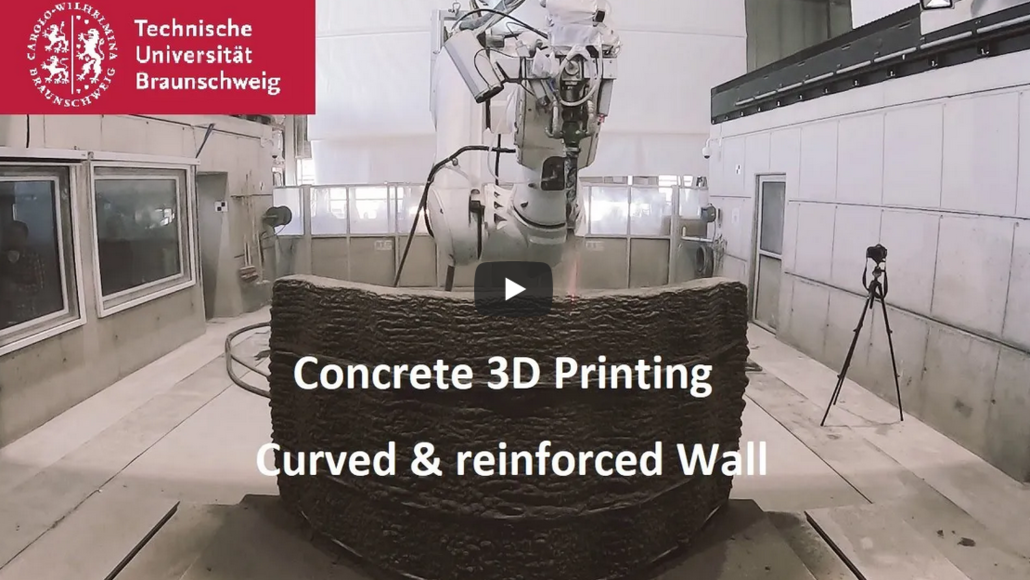
Please note: Once you watch the video, data will be transmitted to YouTube/Google. For more information, see Google Privacy
The aim of digital as-built surveying in the construction industry is to record and document three-dimensional reality in order to use it for further processing into models and planning documents, for visualisations and for the analysis and monitoring of structures.
There are innovative and efficient methods for this, such as laser scanning and photogrammetry. Laser scanners refer to devices that perform many distance and angle measurements in fractions of a second and thus capture 3D points of the environment. The use of cameras to measure 3D scenes is called photogrammetry. These cameras can be mounted on a wide variety of carriers, such as drones.
Probably the first product associated with these capture methods are point clouds: individual points measured on the surface of objects, each receiving a 3-dimensional coordinate. In addition to the coordinates, other information such as intensity and colour is also stored. The acquisition of the raw data is then followed by a partly automated evaluation, so that the linking of data sets to a totality and a quality assessment can follow. This is the only way to ensure that previously defined tolerances are adhered to and that the results are reliable. The evaluated point clouds are then the basis for 3D models of the actual state of buildings, Building Information Models (digital building models), deformation analyses and many other tasks.
Institute of Geodesy and Photogrammetry
Prof. Dr.-Ing. Markus Gerke
Bienroder Weg 81
38106 Braunschweig
Institute of Architectural History
PD Dr.-Ing habil. Ulrich Knufinke
Pockelsstr. 4
38106 Braunschweig
Institute of Building Construction and Timber Structures (iBHolz)
Prof. Dr.-Ing. Mike Sieder
Schleinitzstraße 21 A
38106 Braunschweig
The automated measurement of rail infrastructure was researched using the port of Hamburg as an example. The rails used by the automatic cranes must be regularly checked for deformations and measured with millimetre precision. In the project, multicopters, so-called surveying drones, were used to take high-resolution and overlapping images. A 3-dimensional model of the rails was then calculated from these images using photogrammetry. This data can be used to create rail profiles and a report that can be used by those responsible for the crane installations to inspect and check safety aspects.
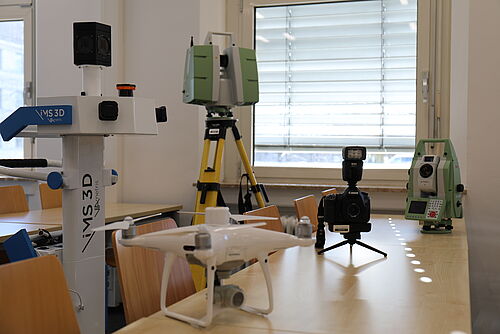
Digital inventory is not only carried out in laboratories, but predominantly in a wide variety of locations. A variety of surveying systems are used for this purpose.
The spectrum ranges from mobile laser scanners (left edge of the image), static laser scanners (centre in the background) and modern total stations (right edge of the image) to measuring cameras for manual use on the ground and multicopters for capturing images from the air.
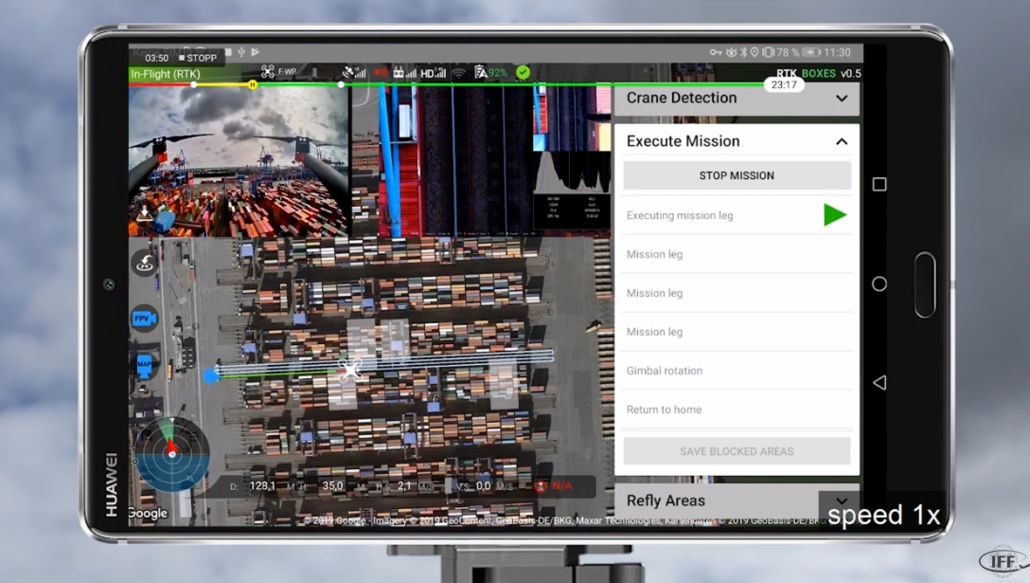
Please note: Once you watch the video, data will be transmitted to YouTube/Google. For more information, see Google Privacy
"At TU Braunschweig, I like the progressive and modern specialisations in Civil Engineering. These were ideal prerequisites for my current job at GOLDBECK, where I am responsible for the further development of digital technologies to support our construction sites."
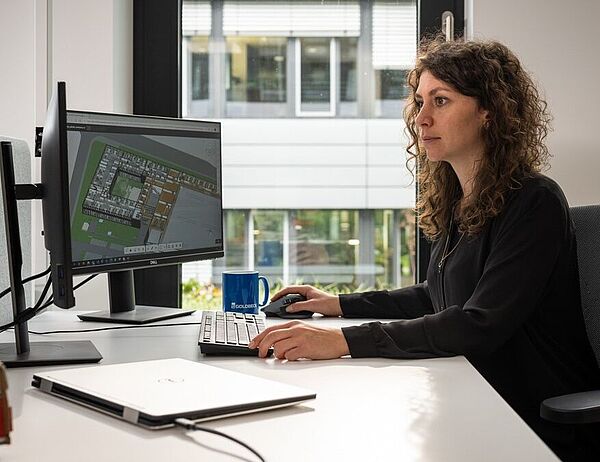
"I really liked the composition of the Master's programme according to my own interests and the versatility of informatics and numerical subjects at TU Braunschweig's Civil Engineering Department. This has prepared me well for my research at ETH Zurich, where I focus on experimental investigations and numerical modelling of wood."

"In my job as a project manager in structural engineering, I am confronted with diverse and challenging problems that would be impossible to implement without digital methods. Thanks to my wide-ranging basic studies and specific specialisations in structural engineering and building materials technology, I have always been up to the task."
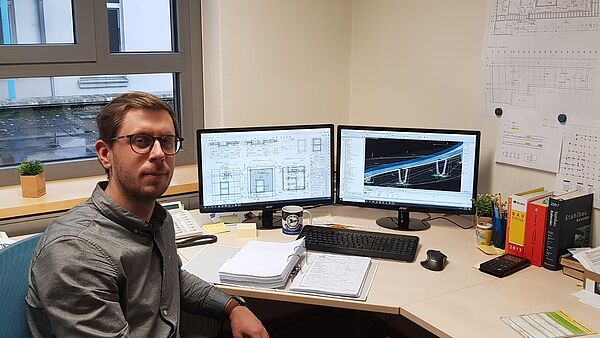
"My interest in BIM methodology and the flexible options in my civil engineering studies at TU Braunschweig helped me to go my own way. At HOCHTIEF Building, the theoretical knowledge of BIM methodology helps me in various company and task areas, such as costing, work preparation or construction management."

"At the TU Braunschweig, I was impressed by the wide range of specialisation options, which also allow me to specialise in secondary areas of Civil Engineering such as Geodesy and Photogrammetry. After graduating, I will start working as a research assistant at the TU Hamburg Harburg, where I will continue to work on research issues in this field."
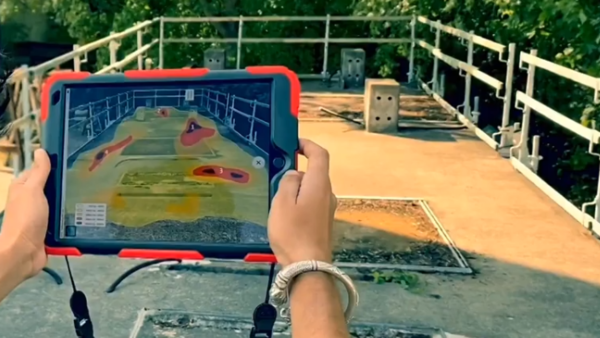
"BIM-based planning and its integration into other work processes such as costing and purchasing is also making its way into APOprojekt. Thanks to a broad-based and future-oriented course of study at the TU Braunschweig, I feel well prepared for this."
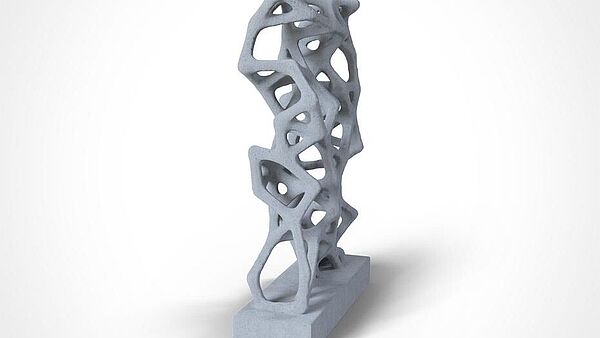
Vacancies of TU Braunschweig
Career Service' Job Exchange
Merchandising
Term Dates
Courses
Degree Programmes
Information for Freshman
TUCard
Technische Universität Braunschweig
Universitätsplatz 2
38106 Braunschweig
P. O. Box: 38092 Braunschweig
GERMANY
Phone: +49 (0) 531 391-0
